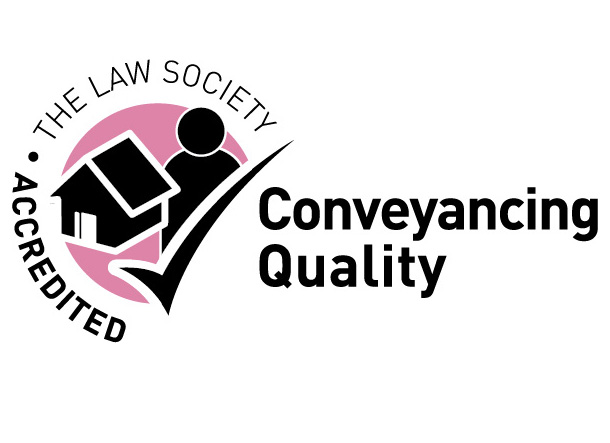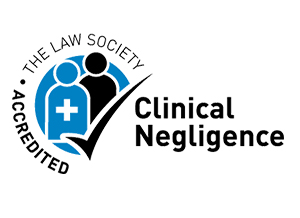If things go wrong with your medical care and treatment you may wish to make a complaint. You have a right to complain, have your complaint formally investigated and be provided with a full response to this.
Complaint or Claim?
The information below gives guidance on the complaints process. However, we would recommend that before proceeding with a complaint you contact us. We can advise on the merit of a complaint and assist you with the complaint to ensure you achieve the best outcome.
Of course whilst the complaint process may provide some answers in respect of the treatment provided, it will not usually lead to compensation for the injuries and losses suffered as a result of the medical treatment you received. In order to obtain compensation a claim for negligence will also need to be made.
By making a claim you will also have the treatment you received assessed by an independent medical expert. Through the complaints process your treatment will usually only be assessed by doctors working for the Trust you have the complaint against.
Your rights when making a complaint
The NHS Constitution explains your rights when it comes to making a complaint. You have the right to:
- Have your complaint dealt with efficiently and be properly investigated;
- Know the outcome of any investigations into your complaint;
- Take your complaint to the Independent Parliamentary and Health Service Ombudsman if you are not satisfied with the way the NHS has dealt with your complaint;
- Make a claim for judicial review if you think you’ve been directly affected by an unlawful act or decision of an NHS body;
- On occasion you may also receive compensation if you have been harmed.
Making a Complaint
You should make a formal complaint to your service provider such as your GP, dentist, hospital or pharmacist. If you cannot make the complaint yourself, then you can ask someone else to do it for you. Again this is something we can assist you with. With hospital care, the complaint is typically directed to the NHS Trust that the particular hospital is part of.
NHS England is responsible for purchasing primary care services from GP’s, dentists etc. and you can contact them if you wish to complain about any of these services.
You should provide information to allow NHS England to investigate your complaint such as:
- Your name and contact details;
- A clear description of your complaint and any relevant dates and times;
- Details of any relevant healthcare providers or services;
- Any relevant correspondence, if applicable.
When should you complain?
The answer is as soon as possible. Complaints should be made within twelve months of the date of the events that you are complaining about or as soon as the matter came to your attention.
The time limit can sometimes be extended (so long as it is still possible to investigate the complaint). An extension might be possible, for instance in situations where it would have been difficult for you to complain earlier for example when you were grieving or undergoing trauma.
Whether you are considering making a complaint, a claim or just want some further information our experienced medical negligence solicitors would be happy to discuss your case with you. Please call one of our solicitors today on 0191 222 1030 for a free consultation in relation to your query or complete our website enquiry form.


